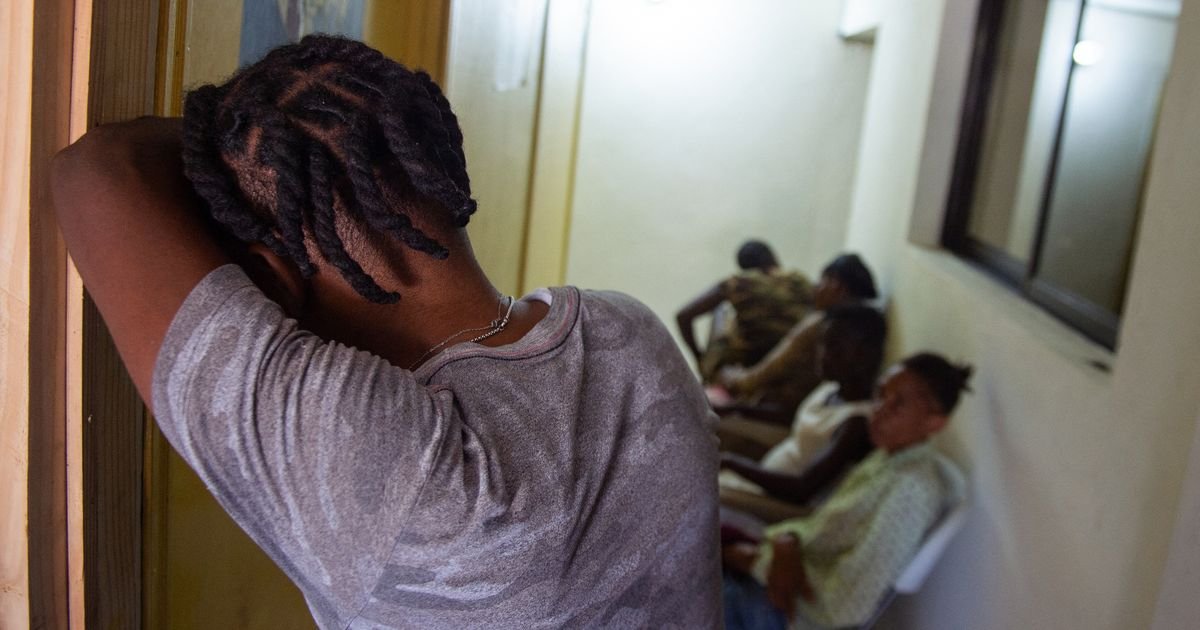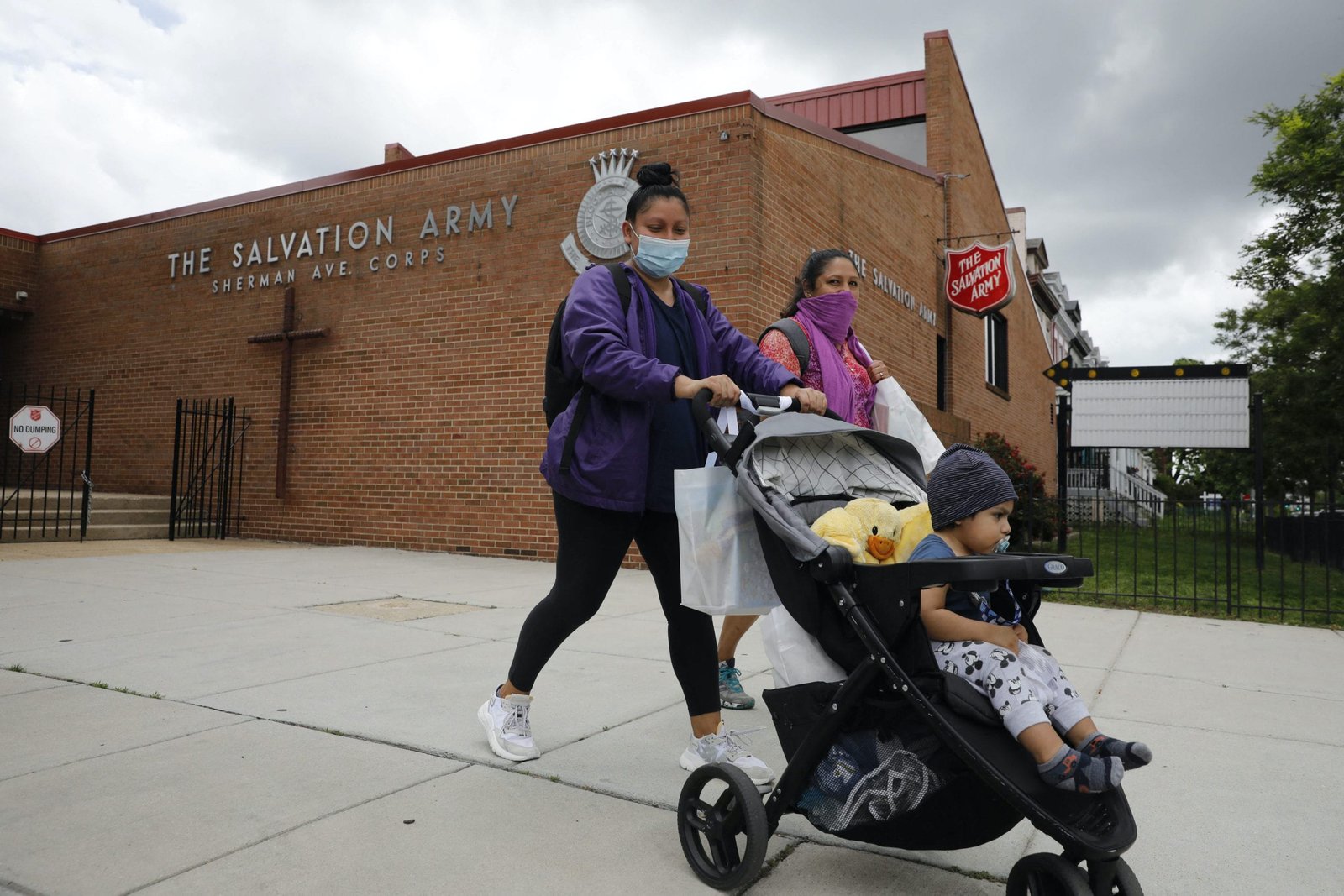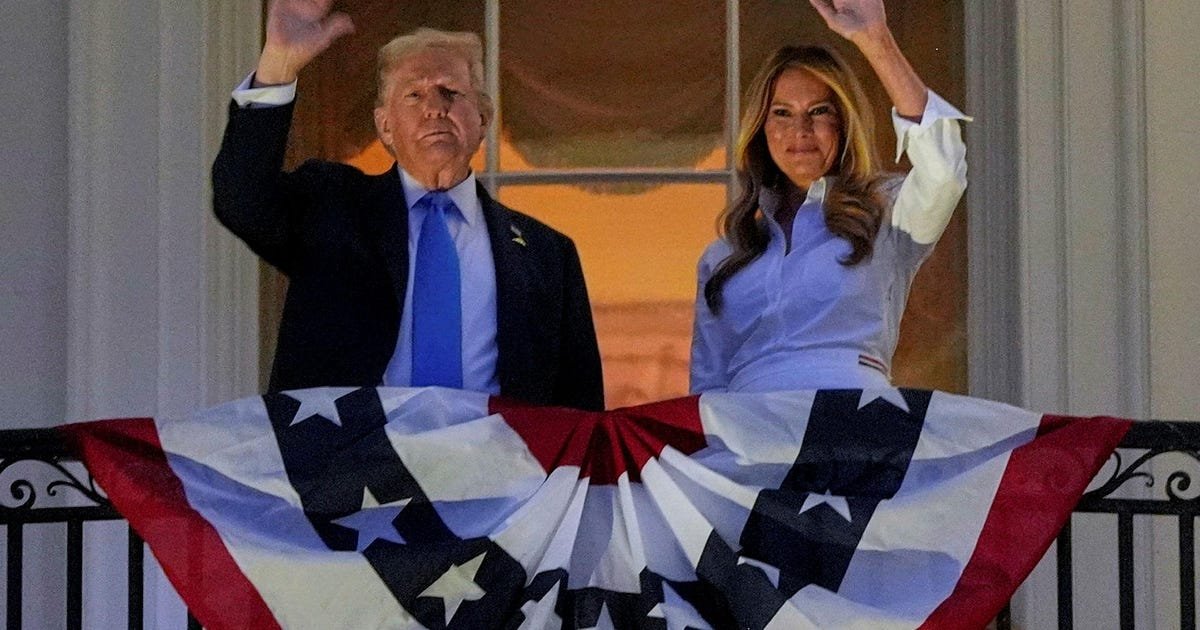President Donald Trump's cuts to the USAID office are likely to kill '14 million people,' many of them children, according to a recent study published in The Lancet, prompting some to call the action 'evil.'
The Trump administration officially closed the United States Agency for International Development (USAID) on July 1, after slashing 83 percent of its programs earlier in the year. The Department of Government Efficiency, led by President Trump and Elon Musk, accused the agency of wastefulness, fraud, and promoting a liberal agenda.
The analysis, published in The Lancet medical journal on Monday, revealed that due to the USAID cuts, around 14 million people worldwide could die over the next five years, including about 4.5 million children under the age of 5.
Experts reached this conclusion after compiling data on USAID services worldwide. USAID-funded programs prevented nearly 92 million deaths globally between 2001 and 2021.
Global Policy Journal reports that through cuts to USAID the administration eliminated 5,800 of 6,200 multiyear contracts, which amounted to $54 billion, and also slashed nearly a third of State Department foreign aid grants, which totals a further $4.4 billion.
More than 90 per cent of USAID’s global aid contracts have been cancelled, which represents about $60 billion in reductions to U.S. development and humanitarian support.
The research indicated that across 133 countries, the agency contributed to averting more than 25 million HIV/AIDS deaths, approximately 11 million deaths from diarrheal diseases, 8 million from malaria, and close to 5 million from tuberculosis.
The study highlighted the critical role of USAID funding, as revealed by their statement, "USAID funding has significantly contributed to the reduction in adult and child mortality across low-income and middle-income countries over the past two decades. Our estimates show that, unless the abrupt funding cuts announced and implemented in the first half of 2025 are reversed, a staggering number of avoidable deaths could occur by 2030."
Timothy Caulfield, a professor of health law and science policy at the University of Alberta in Canada, called the prediction "Sickening. Heartbreaking. Evil," in an interview with MSNBC.
Before the financial cuts, USAID accounted for merely 0.3 percent of the total federal spending of the United States. "US citizens contribute about 17 cents per day to USAID, around $64 per year," said James Macinko of UCLA, co-author of the study.
For next year, the Trump administration's budget request to Congress was $17 billion for foreign aid, half of what had been previously allocated.
Andrew Natsios, who served as the USAID administrator during the Bush tenure, achieved several profound global achievements through the agency's support. USAID spearheaded the agricultural Green Revolution, which is heralded for saving approximately 1 billion lives through enhanced crop cultivation and for establishing an early warning system for famines.
USAID's efforts have notably mitigated both the frequency and intensity of such humanitarian crises.
USAID's rapid response teams have been instrumental in curbing epidemics before they escalate, as seen during the 2014 Ebola outbreak in Africa that claimed thousands of lives. The agency's collaborations with global partners have strengthened health systems worldwide, resulting in a 69 percent decrease in mortality rates among children under five since 1990, as shown by the study.
In South Africa, anxiety has been mounting as the world's most extensive HIV program starts resorting to dose reductions, extended appointment wait times, and missed testing goals.
USAID cuts have withdrawn over $400 million annually from South Africa's program via the President's Emergency Relief Plan for AIDS Relief, an initiative launched by the George W. Bush administration that's credited with saving over 25 million lives in Africa and beyond.
The funding reduction has impacted a central Liberian hospital where USAID had spent decades enhancing maternal and child care and providing otherwise inaccessible HIV medication until the Trump administration abruptly cut funding earlier this year.
Dr. Minnie Sankawulo Ricks, a pediatrician at the hospital, expressed shock at the sudden cessation of funds, stating: "We just woke up one day and boom." She lamented the lack of advanced notice that "after five months or a year or so, you say we'll no longer be able to be funding the health care services in Liberia."
Natsios asserted that the USAID and U.S. foreign assistance, previously "a massive and very complex system, that works. That works. And now that system has been destroyed."
DAILY NEWSLETTER: Sign up here to get the latest news and updates from the Mirror US straight to your inbox with our FREE newsletter.
At Reach and across our entities we and our partners use information collected through cookies and other identifiers from your device to improve experience on our site, analyse how it is used and to show personalised advertising. You can opt out of the sale or sharing of your data, at any time clicking the "Do Not Sell or Share my Data" button at the bottom of the webpage. Please note that your preferences are browser specific. Use of our website and any of our services represents your acceptance of the use of cookies and consent to the practices described in our Privacy Notice and Cookie Notice.



